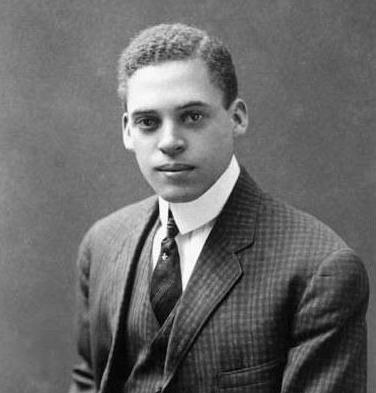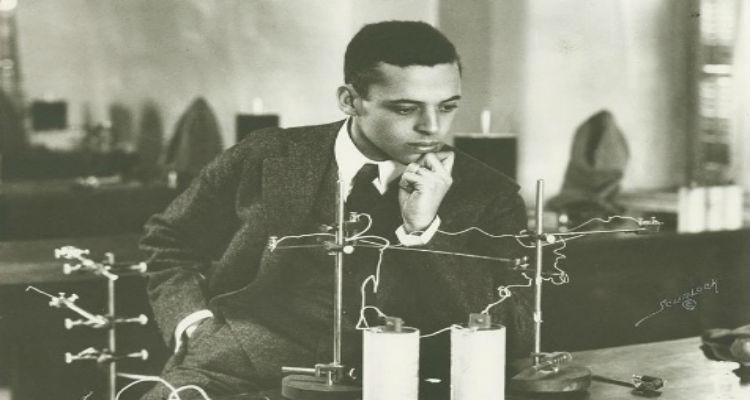
Your written content here

Your written content here
123/A, Miranda City Likaoli
Prikano, Dope
+0989 7876 9865 9
+(090) 8765 86543 85

Dr. Ernest E. Just's life and work are a testament to the power of perseverance, intellect, and dedication. His pioneering research in cell biology not only advanced scientific understanding but also paved the way for future generations of scientists, particularly those from underrepresented communities. His legacy continues to inspire and inform the ongoing quest for knowledge in biology
Dr. Ernest Everett Just, born on August 14, 1883, in Charleston, South Carolina, was a groundbreaking African-American biologist whose pioneering work in cell biology has left a lasting impact on the scientific community. Despite facing significant racial and economic barriers, Just's early life was marked by a relentless pursuit of education and excellence. He attended the Colored Normal Industrial Agricultural and Mechanical College of South Carolina (now South Carolina State University) and later transferred to Dartmouth College, where he graduated magna cum laude with a degree in biology in 1907.
Just's career began at Howard University, where he joined the faculty as an instructor in biology. He later became the head of the Department of Zoology. While at Howard, he conducted much of his groundbreaking research at the Marine Biological Laboratory in Woods Hole, Massachusetts, where he studied the fertilization and development of marine invertebrates, particularly focusing on the role of the cell surface in the development of organisms from eggs.
One of Just's most notable contributions to cell biology was his work on the fertilization process in marine invertebrates. He discovered that the cell surface, or cortex, plays a critical role in the fertilization process and the development of the egg. This finding challenged the prevailing theories of the time and provided new insights into the mechanisms of cell development and differentiation.
Dr. Just's research significantly advanced the understanding of cell biology and embryology. His meticulous experiments demonstrated that the egg cell's environment and surface are crucial in the fertilization process, influencing subsequent development. This work laid the foundation for future research in cell physiology and developmental biology.
Just's findings were published in numerous scientific journals and culminated in his seminal book, "The Biology of the Cell Surface," published in 1939. This book synthesized his extensive research and presented his revolutionary ideas on cell surface biology, influencing generations of biologists and researchers.

Despite his significant contributions, Dr. Just faced considerable racial discrimination throughout his career. Nevertheless, he received numerous accolades, including the prestigious Spingarn Medal from the NAACP in 1915 for his outstanding achievements in science.
Dr. Just's legacy extends beyond his scientific discoveries. He was a pioneer who broke racial barriers in the field of biology, serving as a role model and mentor for future African-American scientists. His work ethic, perseverance, and dedication to scientific inquiry continue to inspire and influence the scientific community.
Dr. Just married Ethel Highwarden, and they had three children. His dedication to his family was matched by his commitment to his research and teaching. Later in his career, Just faced increasing difficulties securing research funding in the United States due to racial prejudices. Consequently, he spent significant time in Europe, conducting research in prestigious institutions like the Kaiser Wilhelm Institute in Berlin and the Station Biologique in Roscoff, France.
Dr. Ernest E. Just passed away on October 27, 1941, in Washington, D.C. His pioneering work and perseverance in the face of adversity have left a lasting legacy in the fields of cell biology and marine biology.





